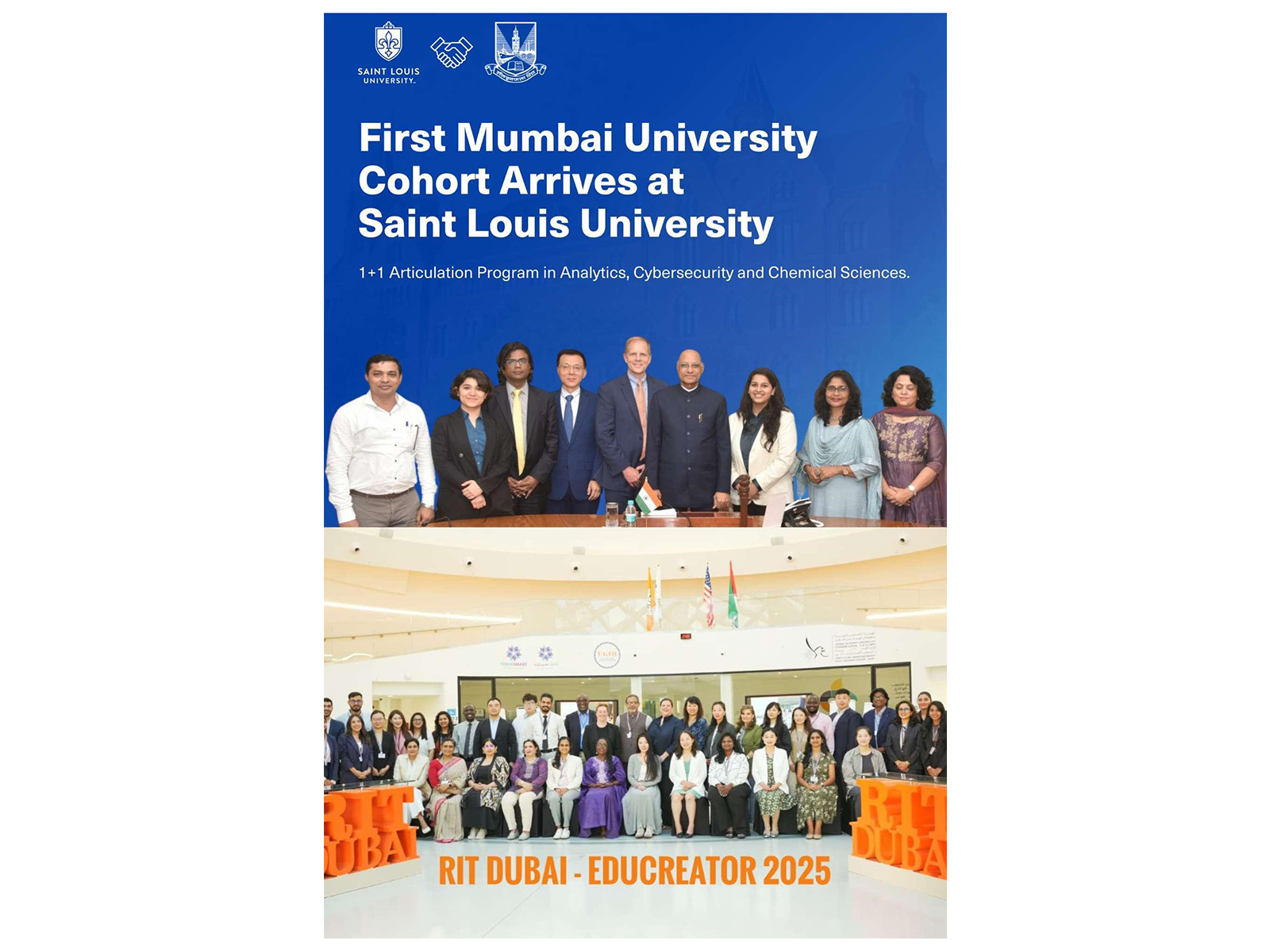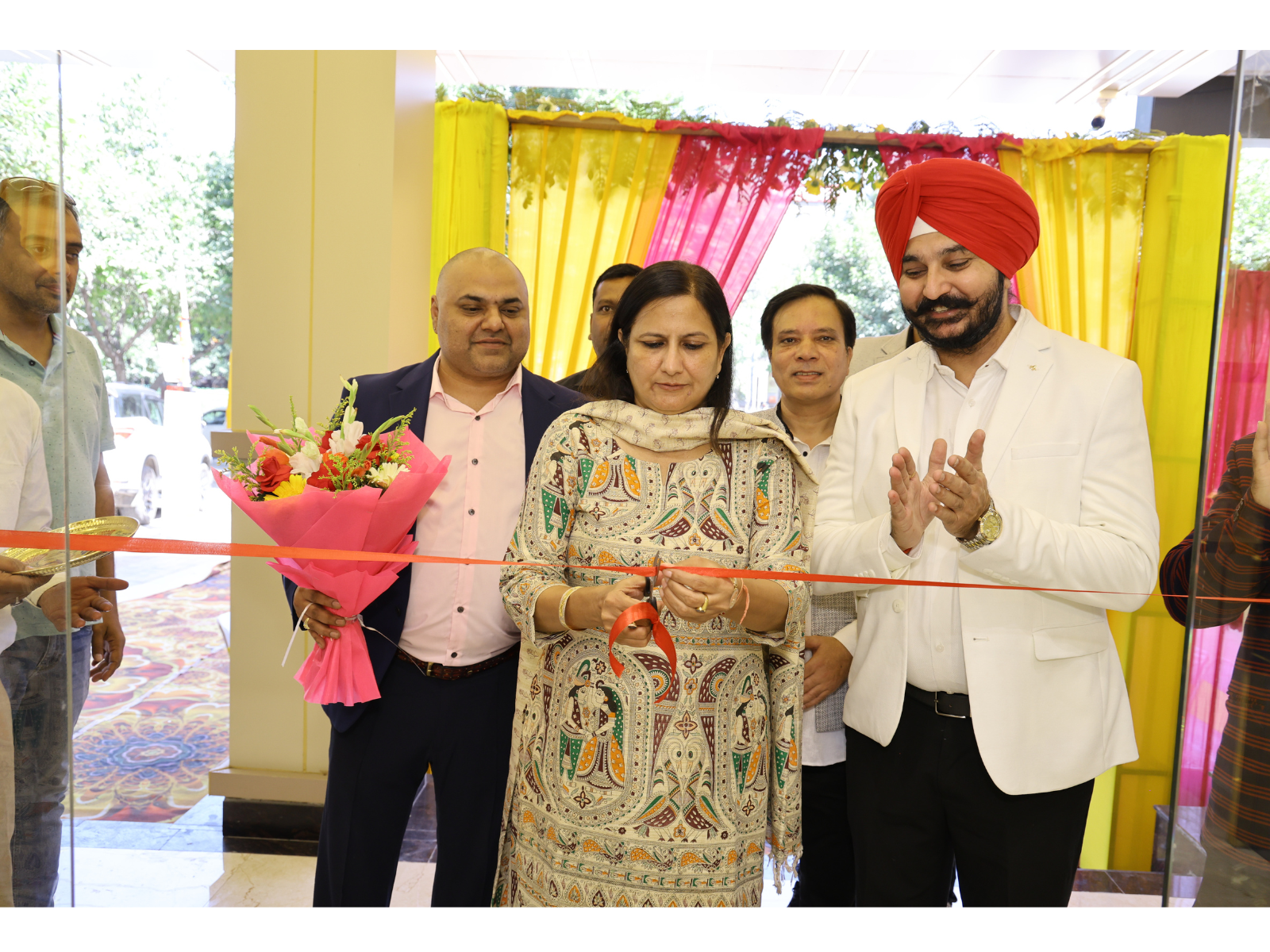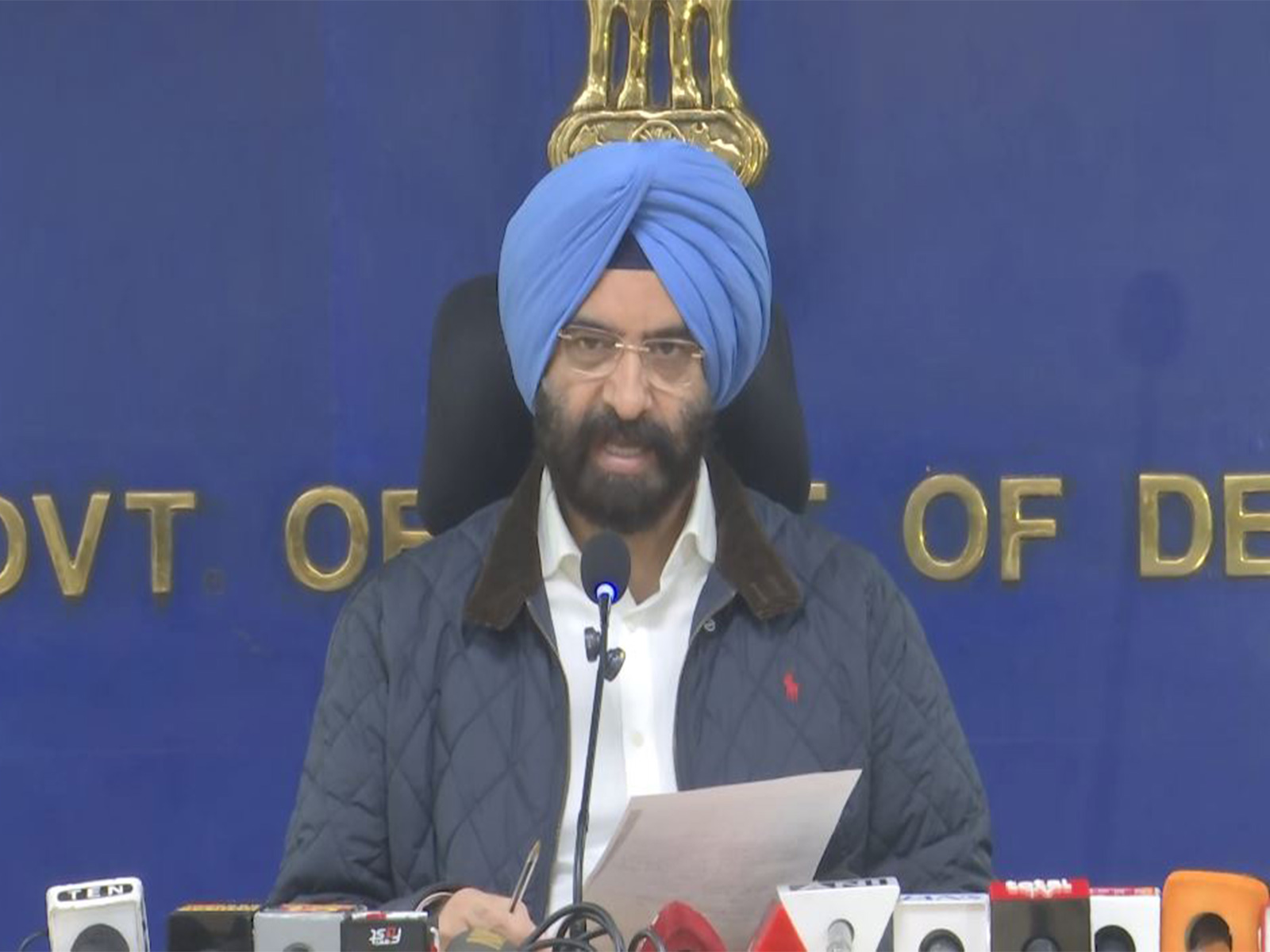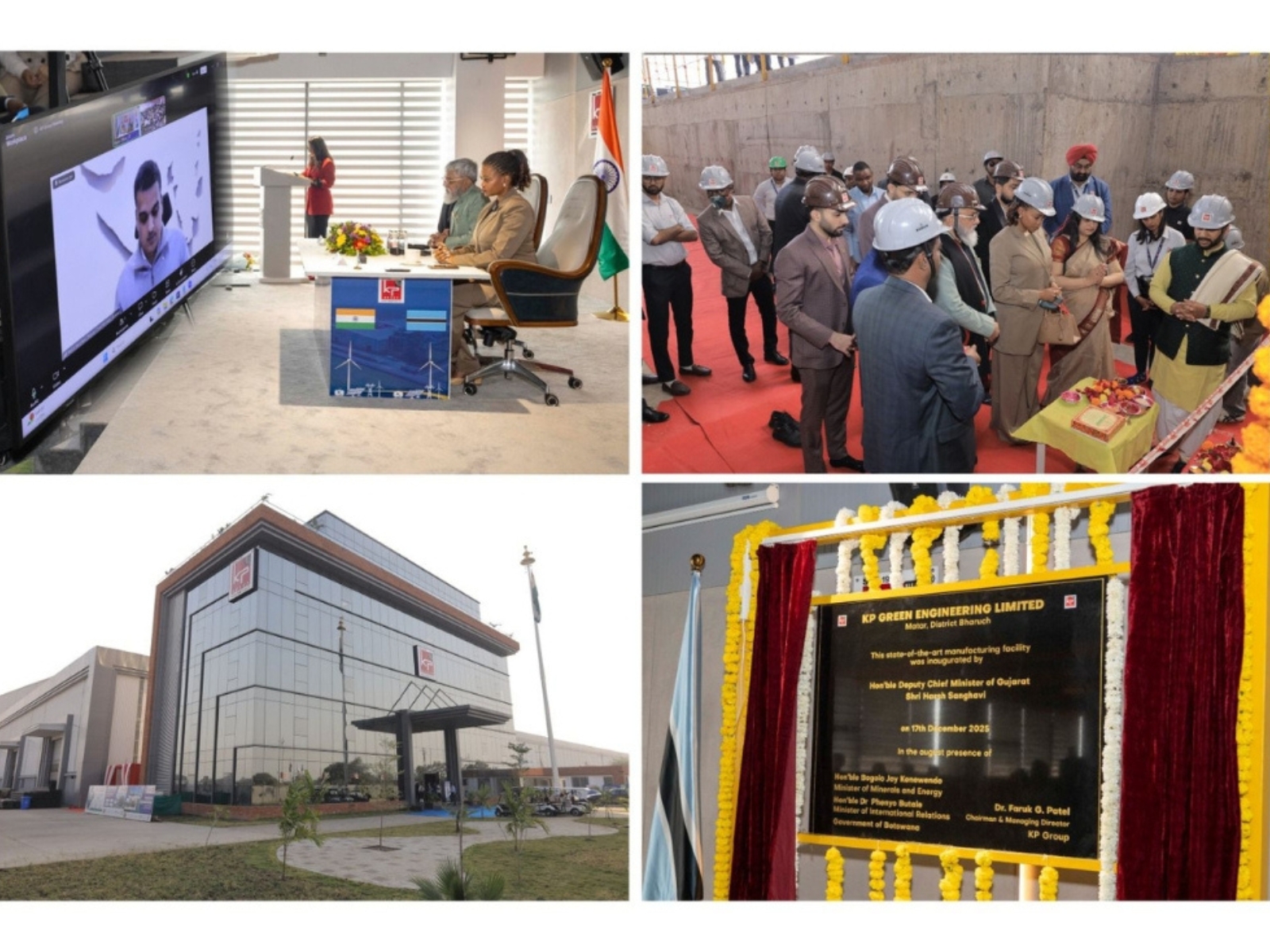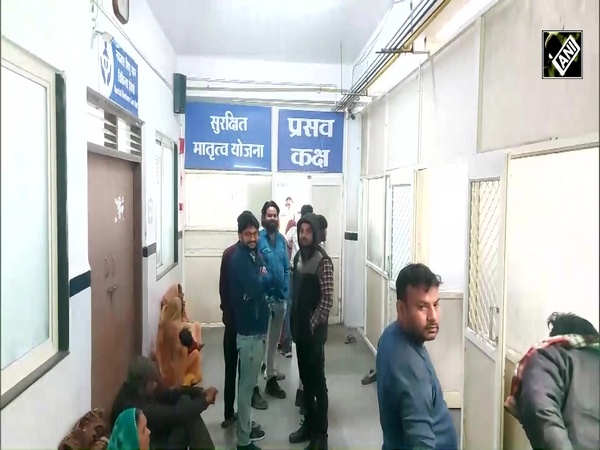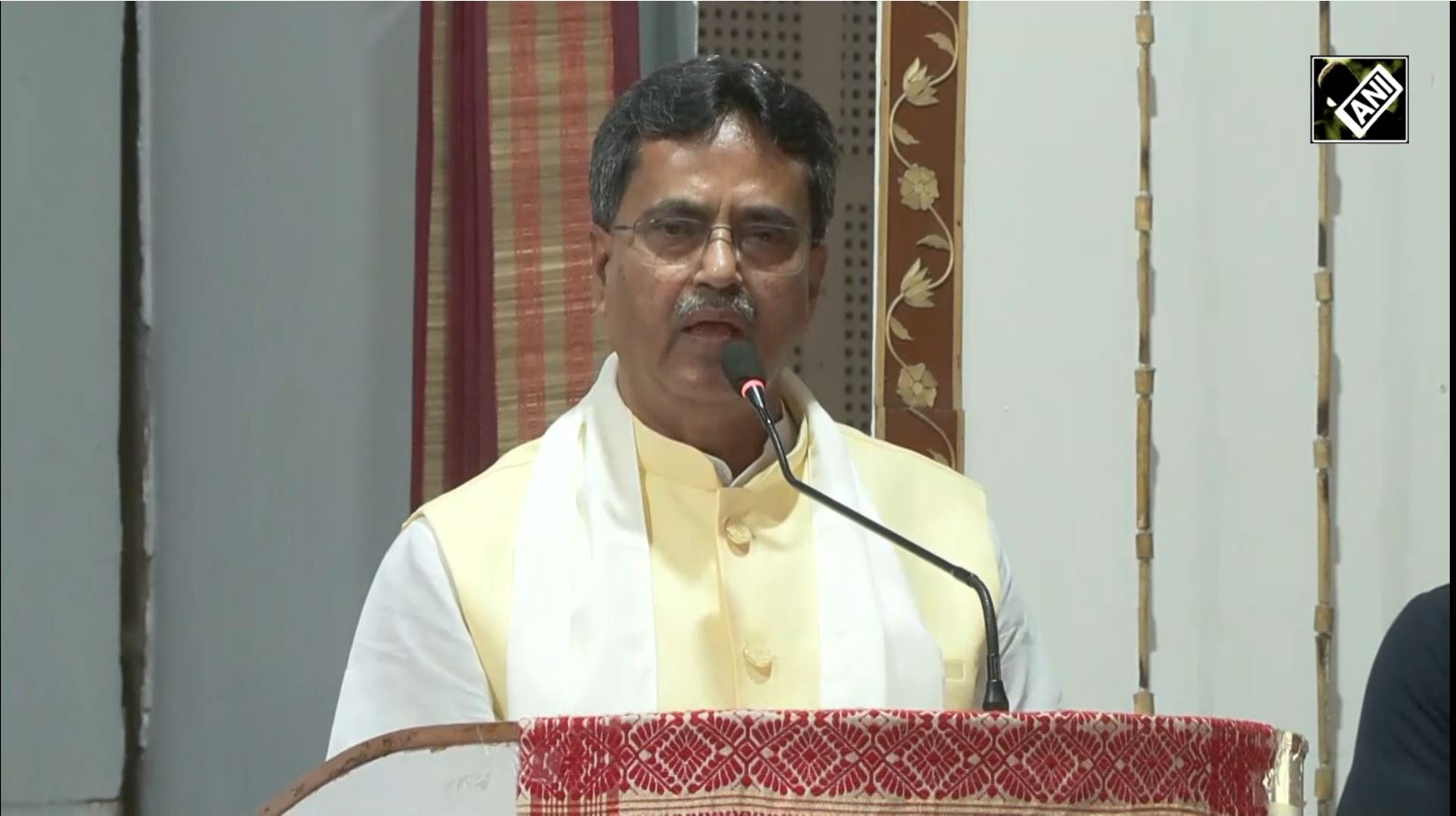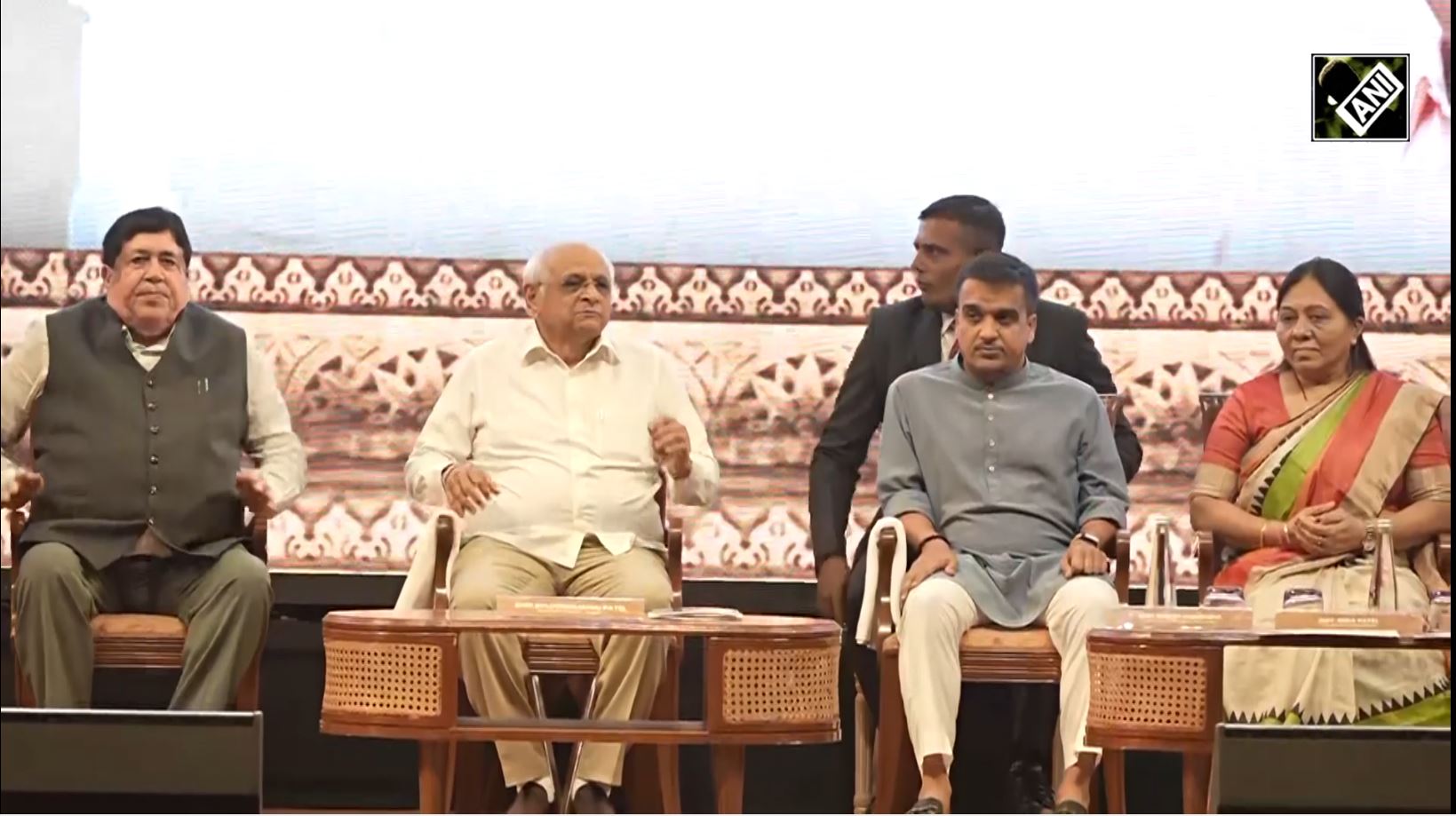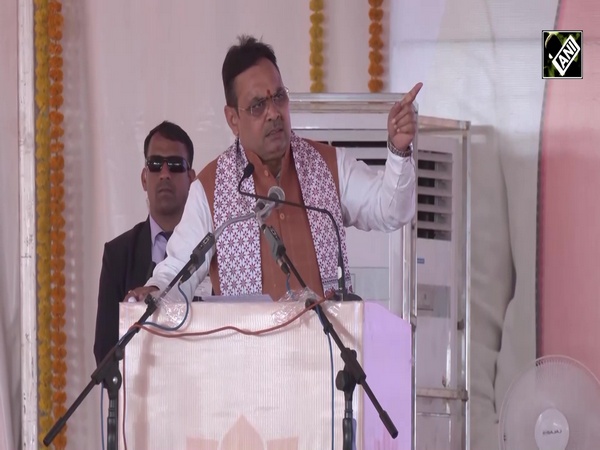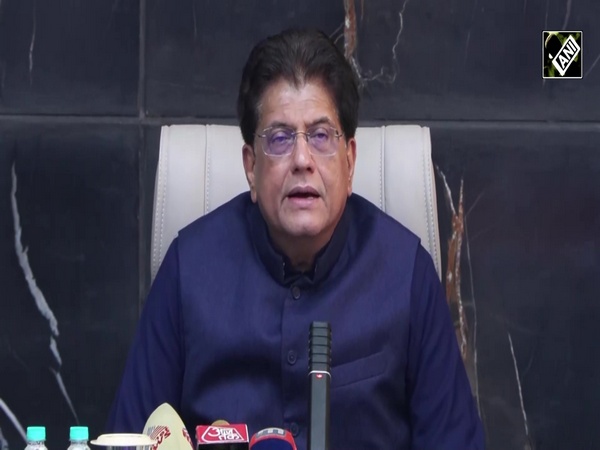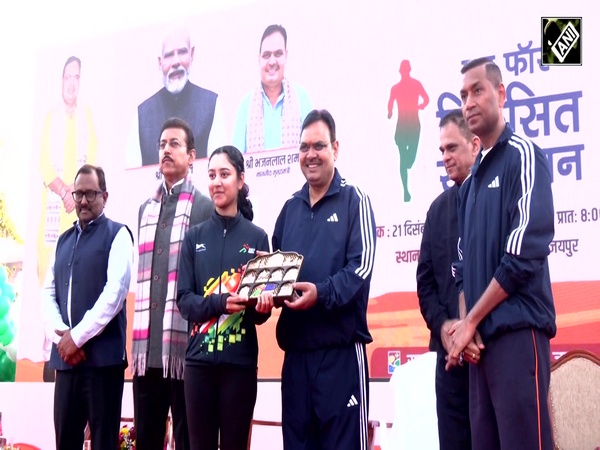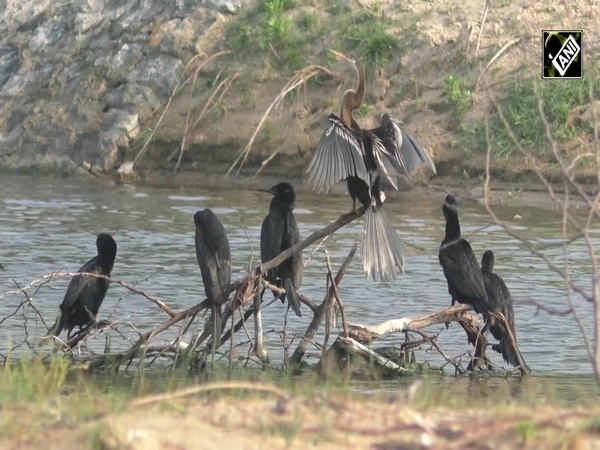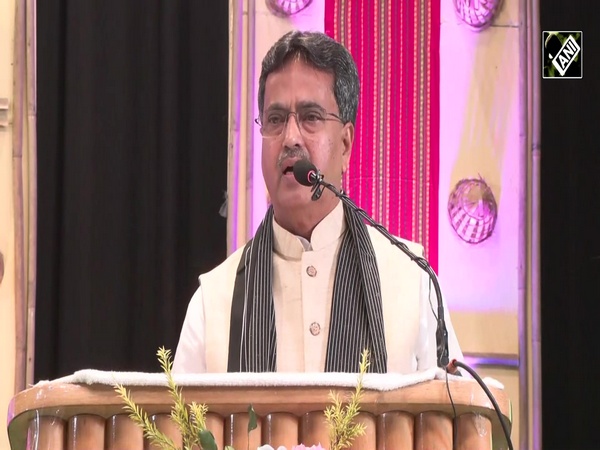‘Lot of work still ahead of us’: EU trade commissioner on FTA talks with India
Aug 26, 2023

New Delhi [India], August 26 : The discussions on the Free Trade Agreement between India and the European Union (EU) have made “progress but a lot of work is still ahead of us”, said EU Executive Vice-President Valdis Dombrovskis on Saturday, adding that the ties between the two sides have a “lot of untapped potential”.
At a press conference held in India, Dombrovskis acknowledged that while progress has been made in the Free Trade Agreement (FTA) discussions, there are still substantial challenges to address.
He emphasized the untapped potential in the relationship between India and the EU, stating, "India and the EU are important partners. We share fundamental values and interests." He also highlighted that the EU is India's second-largest partner.
Dombrovskis noted that the FTA negotiations come at a time of conflicting geopolitical situations, emphasizing the increasing importance of trust and credibility in international relations.
Providing an update on the FTA talks, Dombrovskis, who also serves as the EU Commissioner for Trade, stated that both sides have engaged in intensive discussions.
He highlighted the potential benefits of an FTA, such as providing preferred access for India to the EU market, which is the largest single market globally.
Dombrovskis arrived in India earlier in the week and participated in the G20 Trade and Investment Ministers Meeting in Jaipur.
He also co-chaired the EU-India High-Level Dialogue on Trade and Investment with Union Commerce Minister Piyush Goyal in Delhi.
The negotiations for an FTA between the EU and India were relaunched last year, marking a significant step in trade relations.
Talks initially began in 2007 but were frozen in 2013. The decision to resume negotiations in 2021 reflects the shared commitment to deepen economic ties and promote free and hassle-free trade between the two major partners.
FTA aims to eliminate trade barriers between participating countries, facilitating smoother import and export processes and fostering stronger trade relations.
The negotiations encompass a wide range of areas, including sustainability, labour standards, and environmental considerations, to ensure that trade benefits both parties without adverse impacts on the environment or labour rights.
